The story is told that when Avalokiteshvara, the Buddha of compassion, was looking at the lives of human beings upon this planet, he saw how much pain and suffering we inflict upon each other, and for a moment his compassion faltered. He almost abandoned his vow to liberate us from suffering. At that instant, his body exploded into a thousand pieces, represented in the image of the thousand-armed Avalokiteshvara. If this can happen to the figure who, in Buddhism, most exemplifies compassion, then perhaps we can be forgiven for not always finding it easy to sustain a compassionate heart in the face of so much suffering in the world.
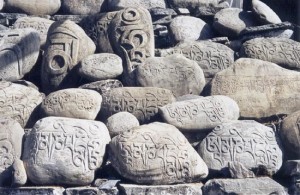
Messages of Peace are all around us..
We may live in times when material, economic, and scientific progress is moving at a rate never before seen, yet our capacity to live peacefully alongside each other seems to remain elusive. When confronted with the constant evidence of so much brutality and corruption present in the world, whether this is seen on the news or experienced closer to home, it is common to feel a sense of anger and outrage, and to feel powerless to do anything to change the ignorance, greed, and hatred that motivate most of the atrocities our fellow humans inflict upon each other. Are we, individually or collectively, able to go beyond the dominance of our instinctual selfishness that reaps so much harm?
…Whatever spiritual tradition we may be part of, if we wish to live our lives with greater openness to others, and with the courage and heart to cope with adverse conditions, we have much to learn from the path of the bodhisattva. The bodhisattva, sometimes translated as “the awakening warrior,” dedicates his or her life to the welfare of others and is willing to face the challenges of life to do so. The bodhisattva’s way of life does not lead to a spiritual escape from the reality of the world. Rather, the bodhisattva cultivates the capacity to live within the raw reality of suffering on the ground and transform life’s adverse circumstances into a path of awakening.
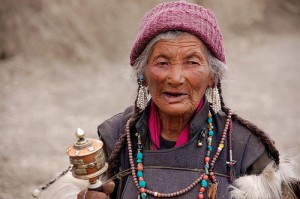
Bodhisattvas are here to help us on the path to Awakening
A bodhisattva makes a clear decision to remain embodied and in relationship to life even while reaching states of awareness that go far beyond our normal reality. Such a person is said to renounce the peace of nirvana and overcome the fear of samsara. What gives this attitude to life a particular significance is that it recognizes that only through fully awakening our innate wholeness can we achieve the greatest benefit to others.
Central to this approach to life is a quality of intention called bodhichitta, often translated as “the awakening mind.” The awakening mind is most often described as the clear, compassionate intention to attain the state of buddhahood for the welfare of all sentient beings. While “the awakening mind” may seem like a relatively simple phrase, its actual psychological, emotional, and social implications are huge. It is a reorientation of the whole of an individual’s direction and meaning in life, rooted in a deep sense of compassion and responsibility towards the welfare of the world.
-from “The Courage to Feel: Buddhist Practices for Opening to Others” by Rob Preece, published by Snow Lion Publications .
SNOW LION PUBLICATIONS is dedicated to the preservation of Tibetan Buddhism and culture by publishing books about this great tradition. Tibetan culture is seriously endangered in its homeland and is striving to continue outside of Tibet. To support this effort, in addition to publishing and distributing books, Snow Lion offers a wide range of dharma items, purchased primarily from Tibetans in exile. These include visual art and ritual objects, statues and thangkas, videos, traditional music, and many gift items offered through our webstore and “Snow Lion: The Buddhist Magazine & Catalog”–over 2000 items–the largest selection anywhere. To browse the complete list go to www.snowlionpub.com and select any of the categories in left-hand margin.
When you choose to purchase from Snow Lion you are directly supporting the large effort to publish more Buddhist texts and help the Tibetan people.
THANK YOU FOR YOUR SUPPORT.
More on Spiritual Health:


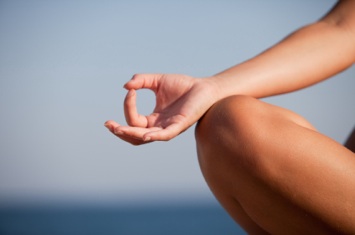
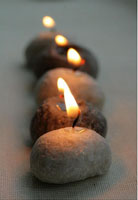
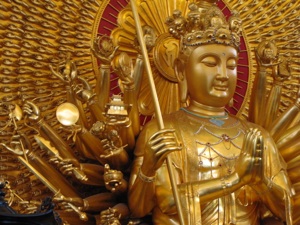
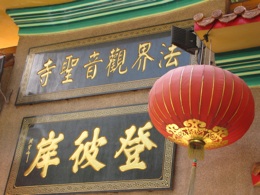


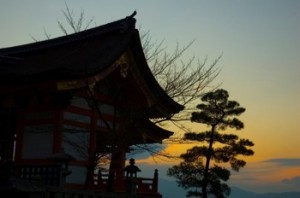
Follow Jennifer